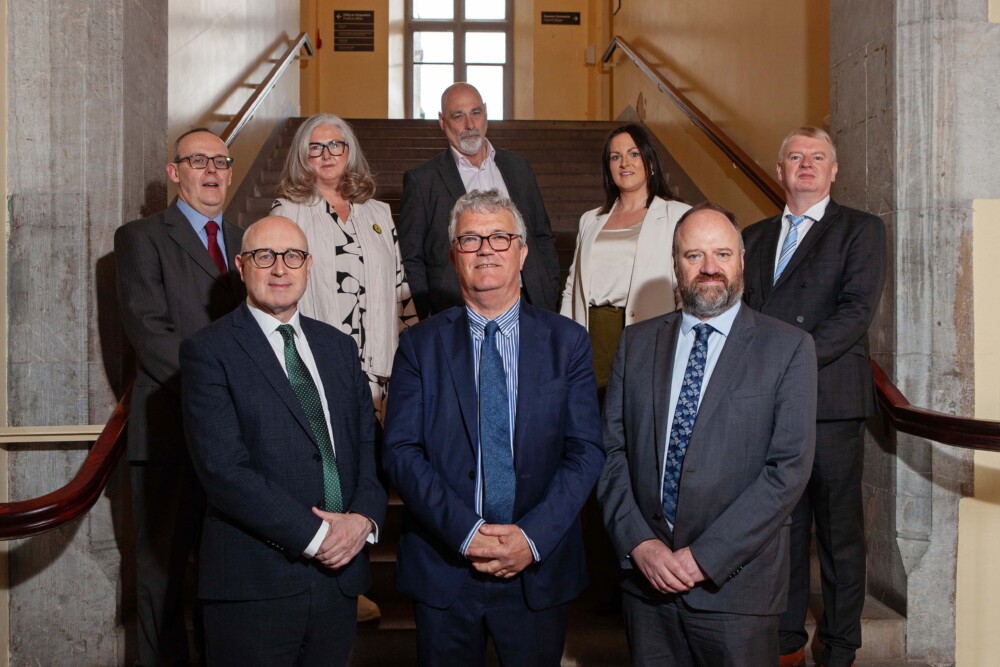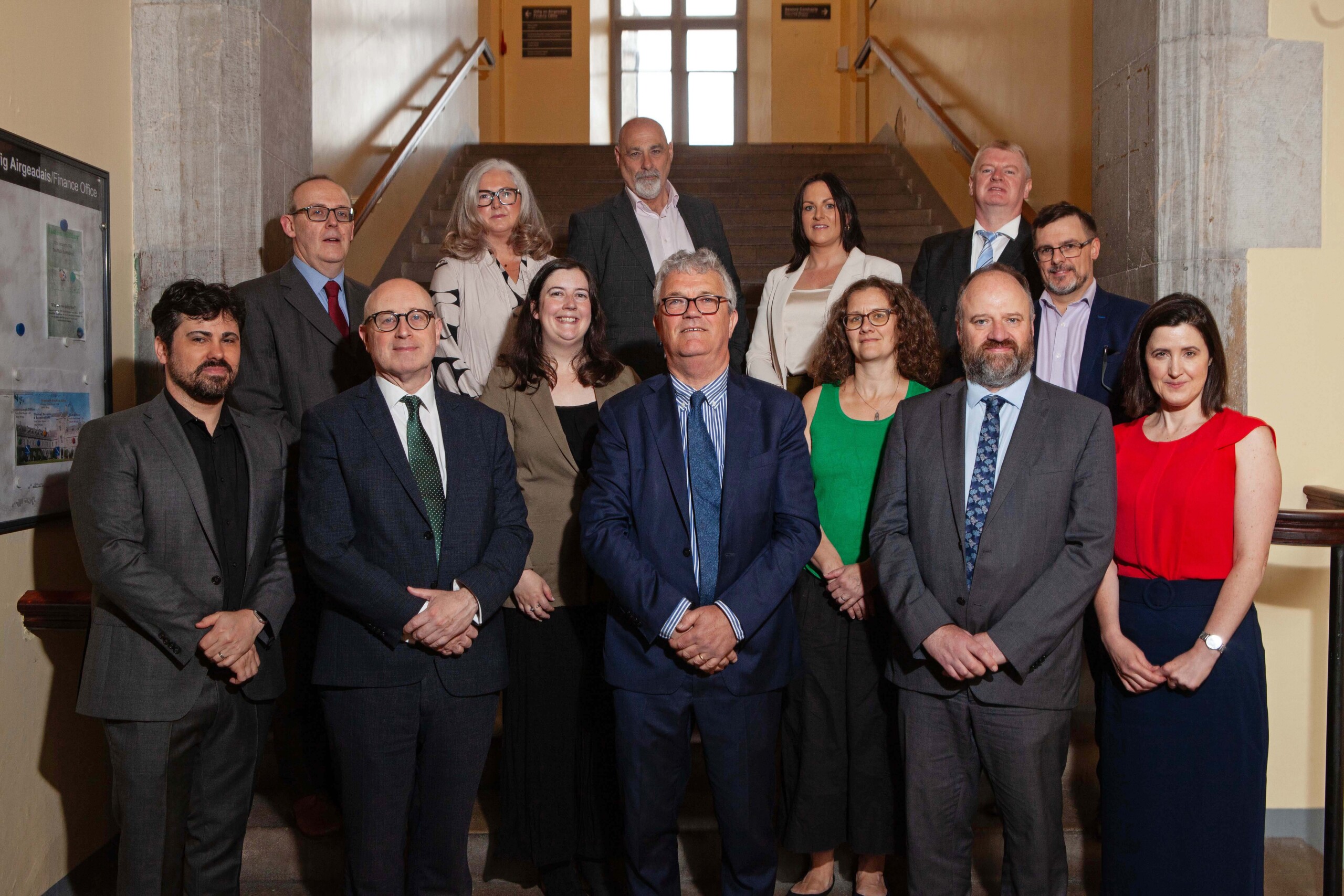
Find information on how to make a Protected Disclosure under the external procedures in place in the HEA.
By Maura O'Shea
Posted: 3 June, 2025

Senior leaders from across Ireland’s higher education sector gathered at University College Cork today (Tuesday, 3 June) for a landmark Leadership Summit on Generative AI in Higher Education Teaching & Learning.
Convened by the Higher Education Authority (HEA) and the National Forum for the Enhancement of Teaching & Learning in Higher Education, the Summit addressed the opportunities and challenges posed by generative artificial intelligence for teaching, learning, and student engagement.
The event was formally opened by Professor John O’Halloran, President of UCC, and Dr Alan Wall, Chief Executive of the HEA.
The HEA’s work on generative AI is being led by Dr James O’Sullivan, who is currently seconded to the HEA from the Department of Digital Humanities at UCC as their Teaching and Learning Policy Advisor for Artificial Intelligence. Dr O’Sullivan is an expert in language modelling the type of which tools like ChatGPT are based on.
The major ambition of the Summit was to present emerging findings from the HEA’s ongoing work on generative AI in higher education and seek the input of institutional leaders on key policy directions. By drawing on the collective expertise and strategic insights of the sector, the HEA aims to develop a coordinated national framework that supports innovation while safeguarding academic integrity and the public good.
The programme also featured expert presentations on AI literacy and sustainability, which have been identified as marquee issues by the HEA.

___________________________________________________________________________________
UCC’s Professor Barry O’Sullivan, former Vice Chair of the European Commission High-Level Expert Group on AI, shared his 30 years of experience working in artificial intelligence in a session on AI literacy:
“Generative AI poses the greatest threat that we have ever seen to the integrity of learning, teaching, research, and the administration of the higher education sector. A race to the ‘front of the line’ of GenAI adopters would be foolhardy and could damage the reputation and integrity of our higher education system beyond repair.”
“There are certainly opportunities for GenAI in the sector, but great care and attention is required to put in place a proper, resilient and trustworthy framework around the use of GenAI.”
Samantha Fahy from Sustainability DCU discussed generative AI in the context of climate action:
“In Ireland, higher education institutions are required to perform their functions in a manner consistent with national climate legislation. Their obligation to meet the emission reduction targets cannot be avoided because the required actions are impracticable.”
“The increased incorporation of AI technologies into HEI practices will directly lead to increased energy consumption. The scale of increase is unclear but there are reports that an AI supported query uses ten times more energy than a Google query. This only considers direct energy consumption and does not consider the additional resources needed for the AI systems.”
“Should more attention be paid to the nontrivial impacts that the imbedding of AI technologies in HEI practices will have, such as the increase in energy consumption making the challenge of meeting the National Legislated targets more difficult?”
Closing reflections were offered by Tim Conlon, Head of Policy and Strategic Planning, and Professor Paul McSweeney, Vice-President for Learning and Teaching at UCC.
Commenting on the Summit, Dr Alan Wall said:
“The Leadership Summit marks a key milestone in Ireland’s efforts to ensure that its higher education system remains at the forefront of technological innovation, while maintaining the highest standards of educational quality and ethics.”